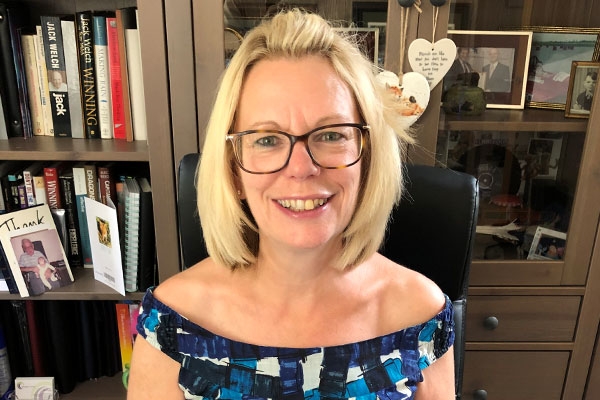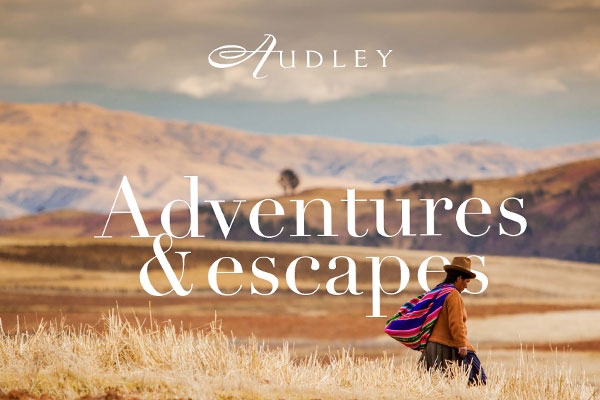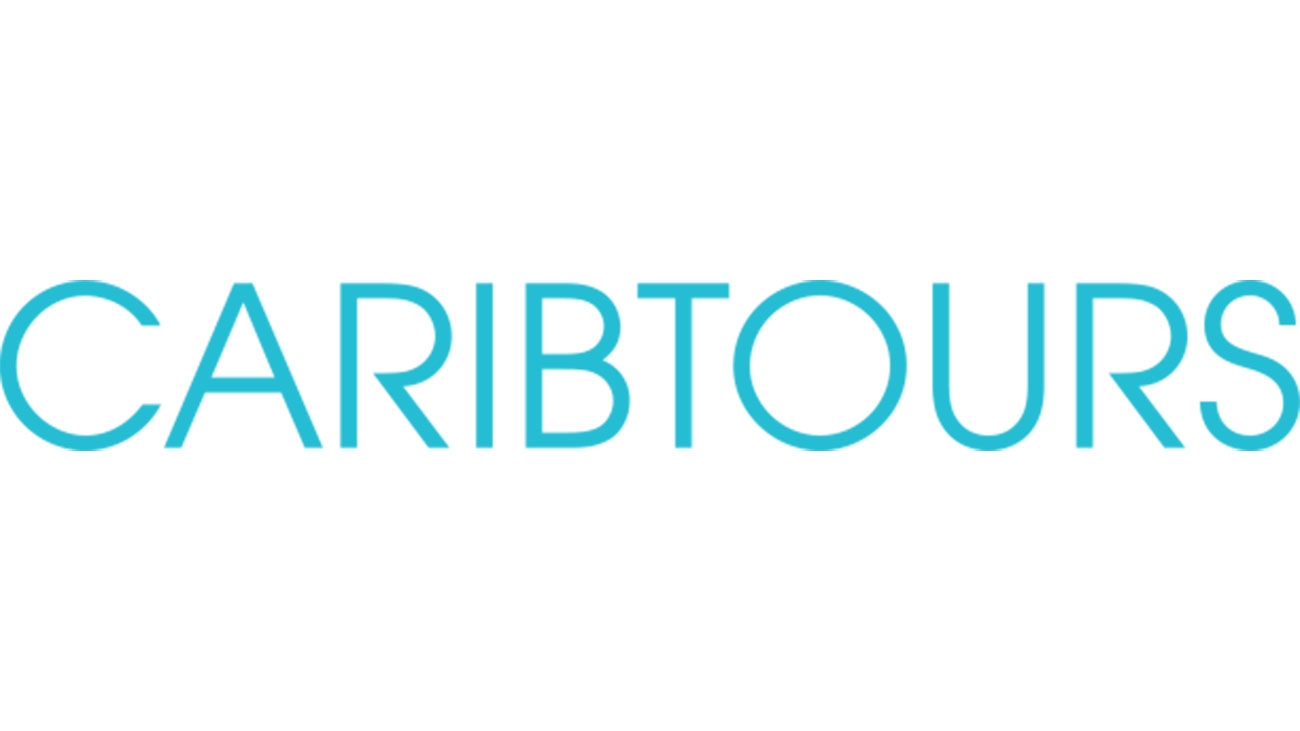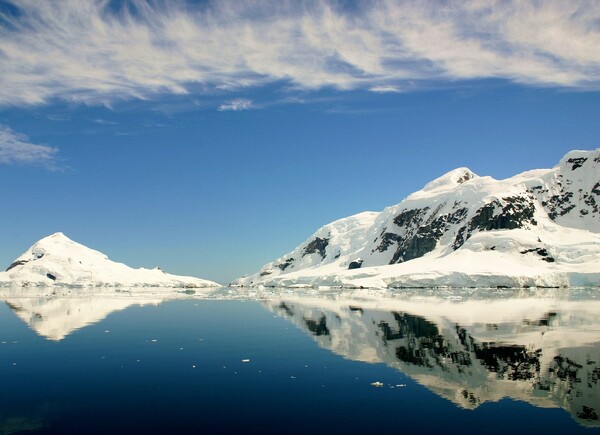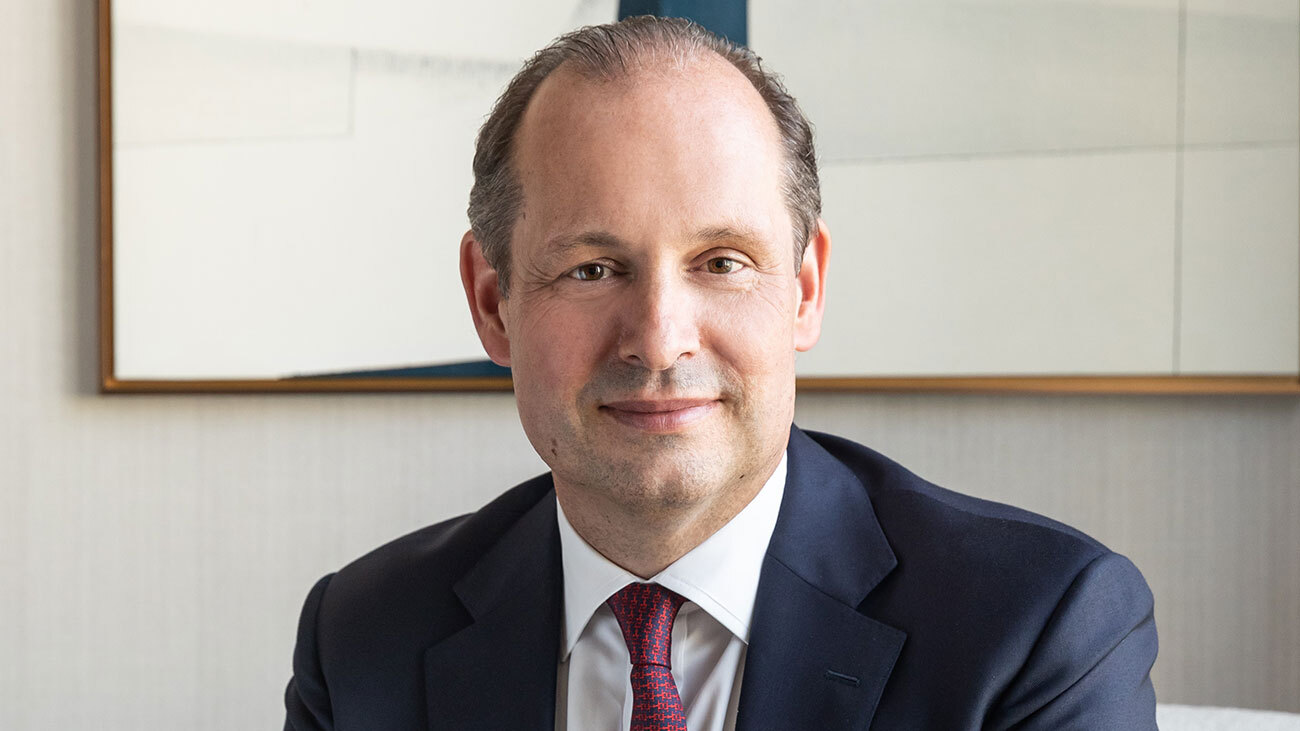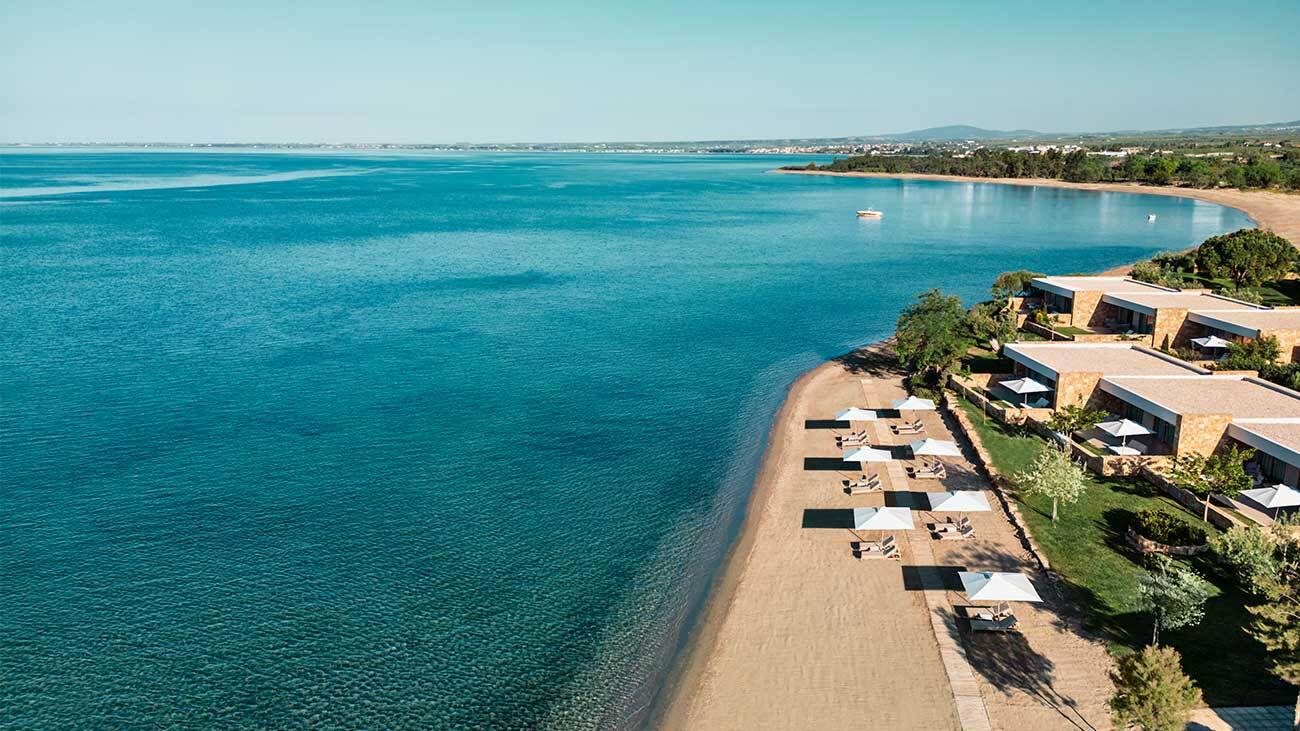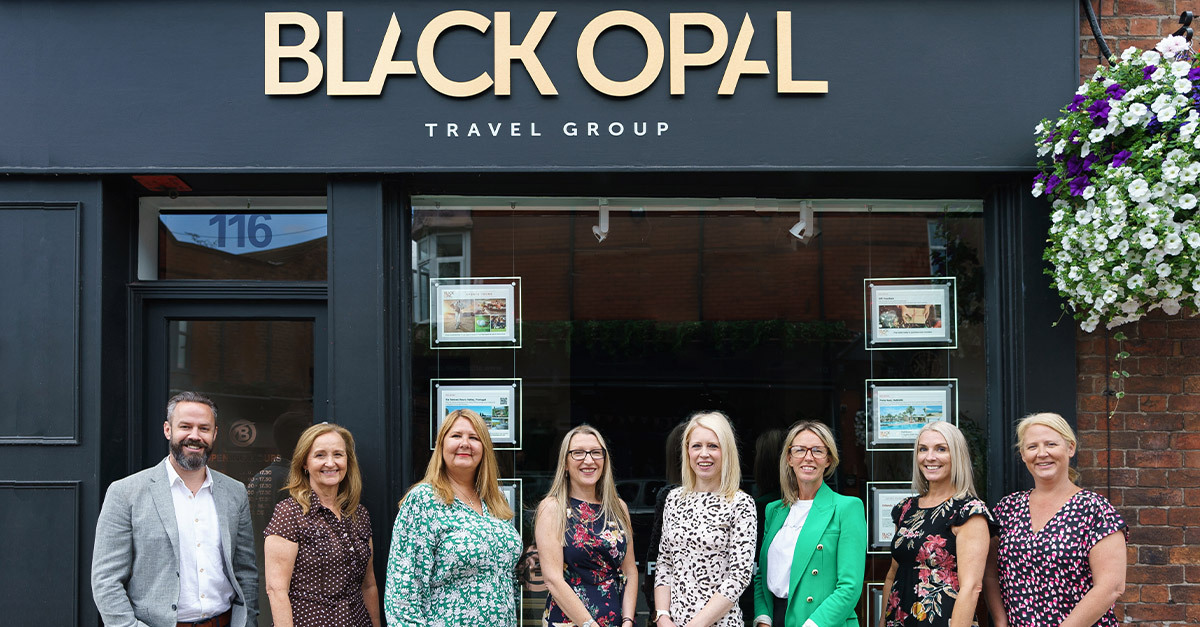Designer Travel agents complete ‘sustainability masterclass’
Designer Travel’s owners have expressed pride that more than 40 team members have completed a sustainability course, which included advice on how to identify examples of greenwashing.
The homeworking business said the agents had completed the ‘level one’ sustainable travel masterclass offered by Kiwano Tourism.
In addition to the information about greenwashing, the agents were particularly interested in the advice on animal welfare.
Joint managing director Karen Pocock (pictured) said: “Moving forward, we will be encouraging our peers and customers to think carefully about researching their options before they travel when they are considering wildlife experiences and encounters.”
Pocock added that the masterclass covered “powerful” work and she also highlighted that she and business partner Amanda Matthews were “so proud” of those who had completed the course so far.
Agents would now be in a better position to recognise if suppliers are exaggerating their environmental efforts, Pocock suggested.
She said: “Previously we have listened with interest to supplier updates on their sustainability work. The majority of policies sound super exciting, and some are groundbreaking, but our team needs to be able to ask pertinent questions to ensure that policies are as they seem.
“We want to be confident when our customers ask us detailed questions about our suppliers and their sustainability work. We would never want to be misled or confused and the work we have undertaken puts us in a great position to be far more proactive and confident when talking to both customers and suppliers.”
A new animal welfare policy, endorsed by World Animal Protection, is set to appear on Designer Travel’s website in the coming weeks.
Pocock said: “Many of us have visited places around the world involving wildlife encounters during our careers. At the time these experiences seemed right.
“Moving forward, we will be encouraging our peers and customers to think carefully about researching their options before they travel when they are considering wildlife experiences and encounters.
“An example would be swimming with dolphins in the ocean is one thing – we are visiting them and treating them with the utmost respect.
“Swimming with them in captivity or watching cetaceans ‘perform’ for food isn’t acceptable in this day and age. We know how sensitive these creatures are. We believe real change is happening and want to be part of that.”
She added: “Thanks to Rebecca Woolford at Kiwano for all her help and support over the last six months.”
